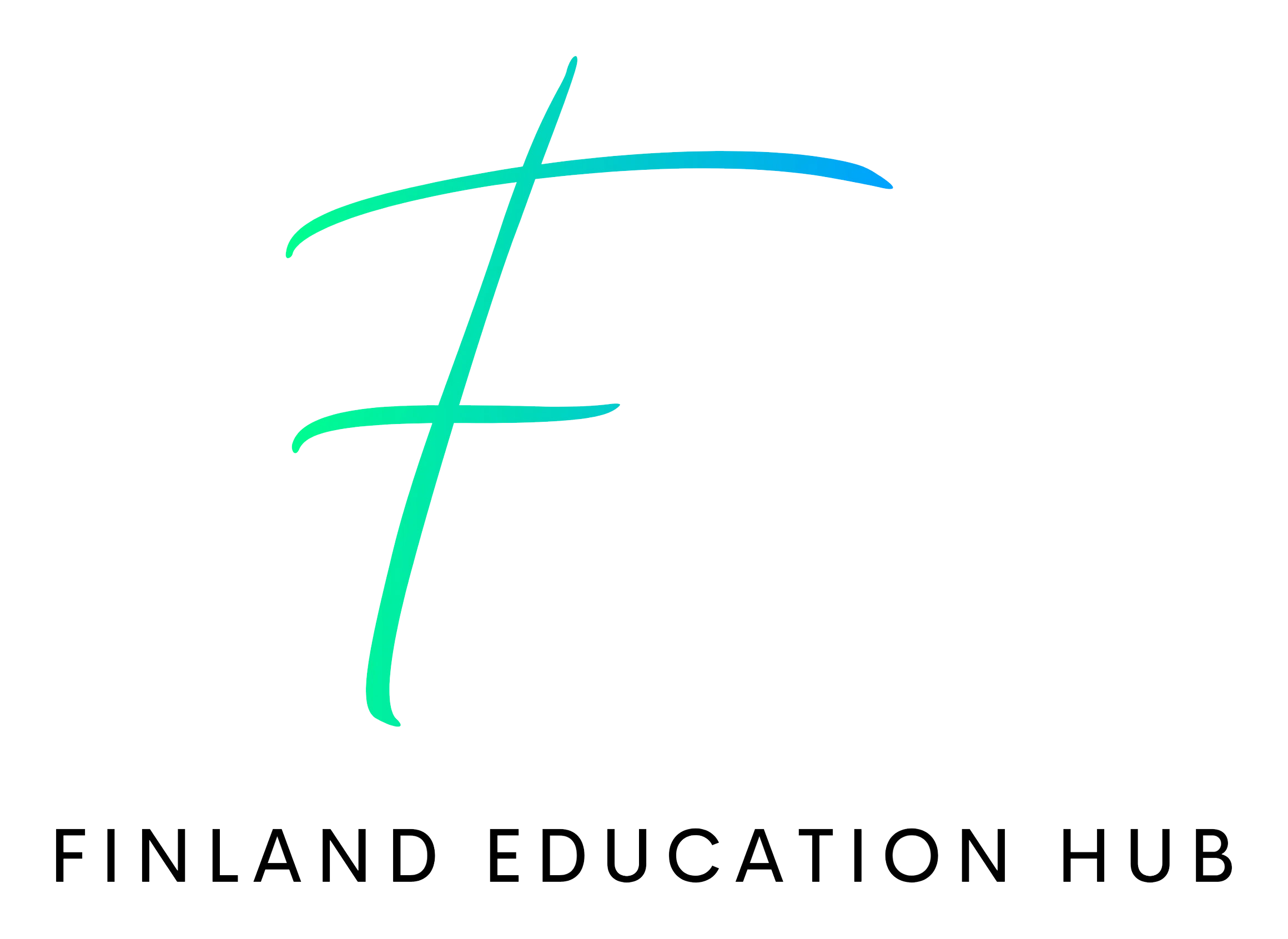What comprises of Finnish Early Childhood Education curriculum Part 2?
In the last blog we discussed few aspects that make Finnish Early Childhood Education curriculum so incredible. Everyone looks up to the Finnish curriculum to build a curriculum that supports the true essence of education. There is nothing fancy in their education setup, just rigorous and right methods. Finnish students begin their lifelong learning journey in kindergarten. They spend their time playing, exploring, and learning to learn because they are not required to complete homework or take mandatory tests. Finland is a top performer in the Program for International Student Assessment (PISA), has a 100% literacy rate, and has happy students.
So, let’s dive in the methods that contribute to the success of Finnish Early Childhood Education curriculum
Well trained teachers:
In Finland, teachers are highly respected professionals who play a critical role in the education system. They are typically well-educated, well-trained, and well-supported in their work. Here are some details about Finnish teachers:
Education and Training:
To become a teacher in Finland, one must hold a master’s degree in education or a related field. This means teachers are highly educated and knowledgeable in their subjects. Teacher education programs also place a strong emphasis on pedagogy, with a focus on the latest research and best practices in teaching.
Ongoing Professional Development:
Finnish teachers must engage in ongoing professional development throughout their careers. This ensures that they stay up to date with the latest research, best practices, and teaching methodologies. Teachers participate in professional learning communities and attend conferences and workshops to enhance their skills.
Autonomy:
Finnish teachers have a high degree of autonomy in their work. They are trusted to design their own lesson plans and assessments, and create a learning environment that meets their students’ needs. This autonomy fosters creativity and innovation in the classroom.
Collaboration:
While teachers have autonomy in their work, they also collaborate closely with their colleagues. Finnish schools have a collaboration culture, where teachers work together to share best practices, solve problems, and support each other.
Support:
Teachers in Finland are well-supported in their work. They receive regular feedback from their colleagues and administrators and are provided with resources and support to succeed. Additionally, Finnish schools have a strong support system for students with special needs, which enables teachers to provide individualized attention to all students.
Parental involvement
It is a crucial aspect of Finnish education. The Finnish education system recognizes the importance of parents as the primary caregivers and educators of their children. It seeks to involve them in their children’s education meaningfully. Here are some details about parental involvement in Finland:
Early childhood education:
Parental involvement begins in early childhood education, where parents are encouraged to participate in their children’s learning. Teachers work closely with parents to create individualized learning plans for each child. Parents are encouraged to participate in activities and events at the school.
Parent-teacher conferences:
Finnish schools have regular parent-teacher conferences, where parents can meet with their child’s teacher to discuss their progress and any concerns they may have. These conferences are a valuable way for parents to stay informed about their child’s education.
School councils:
Each Finnish school has a school council, which includes parents, teachers, and other members of the community. The school council works together to decide about the school’s curriculum, policies, and budget. This provides parents with an opportunity to have a say in the education system and be involved in decision-making.
Open communication:
Finnish schools emphasize open communication between parents and teachers. Parents are encouraged to contact their child’s teacher if they have any questions or concerns. Teachers are expected to respond promptly and respectfully.
Parent associations:
Many Finnish schools have parent associations, which provide opportunities for parents to be involved in the school community. These associations organize events, fundraisers, and other activities that support the school and its students.
And this is why Finland education is what it is. Finnish educators and students are respected. Their individuality is valued, and personalities are celebrated. Children are not viewed as blank cans waiting to be filled with information or as lumps of clay waiting to be moulded. Instead, they are nurtured to grow in the direction they prefer by being treated like tiny sprouts. Additionally, teachers are given complete autonomy to select the most effective teaching methods for their own students. Additionally, they receive extensive training and access to excellent learning resources and tools. Finland’s children receive early education to help them develop into the most successful versions of themselves. This is done in a secure, empowering, and enjoyable setting. Are you looking for a Finnish education curriculum for your child? We have got you covered. Just visit finlandeducationhub.com

